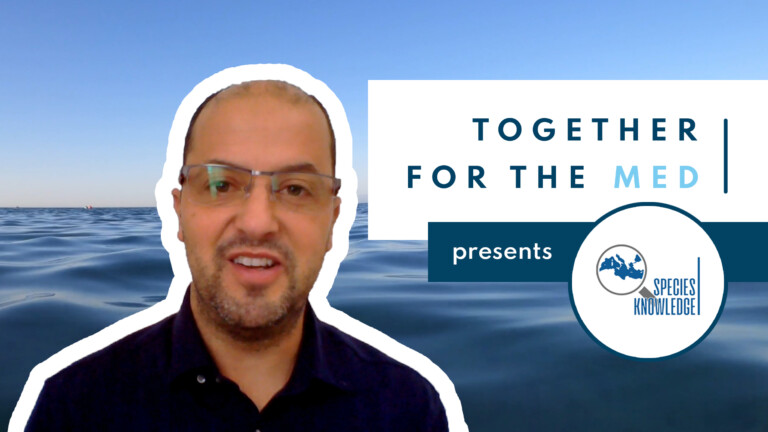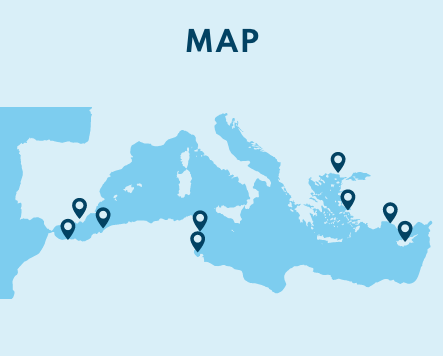
Species Knowledge
Filling key knowledge gaps for vulnerable species incidentally caught by fishers
The Species Knowledge project aims to fill key knowledge gaps for vulnerable species incidentally caught by fishers.
Objectives:
Expand the state of knowledge of the vulnerable species’ (marine mammals, sea turtles elasmobranchs, and seabirds) distribution, range, migratory routes, habitat use.
Compile existing data sources, carry out a gap analysis, and acquire new data on the fisheries operating within the Mediterranean and on the movements and hotspot areas of vulnerable species
Identifying new important areas for biodiversity for each species as well as key areas to focus future bycatch work
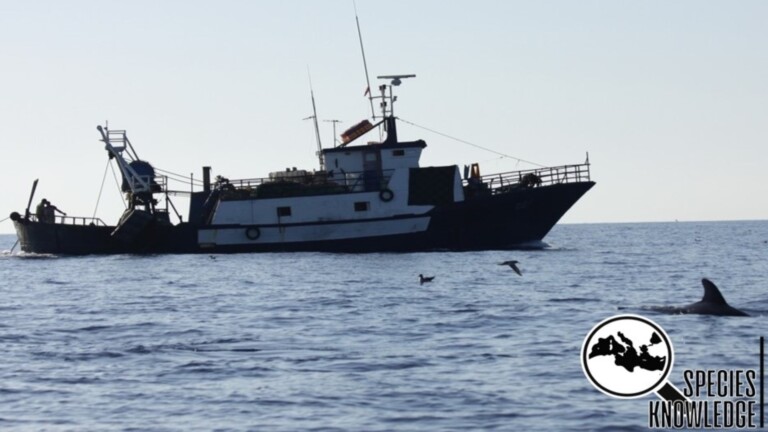
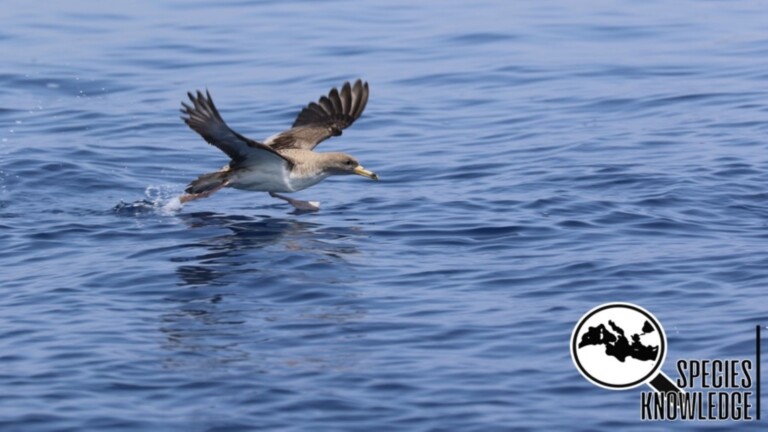
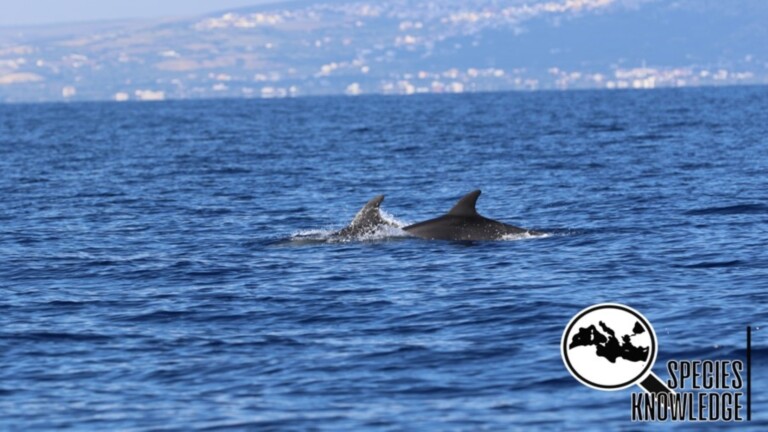
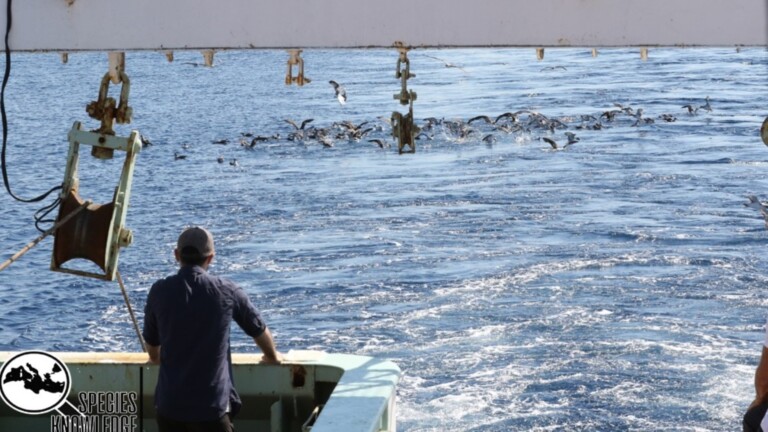
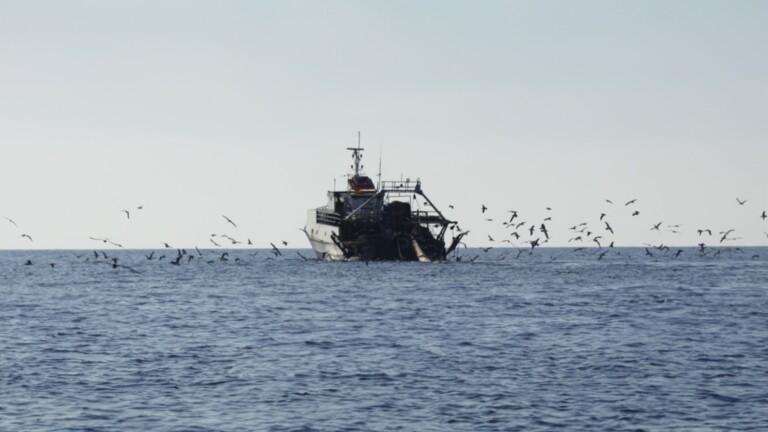
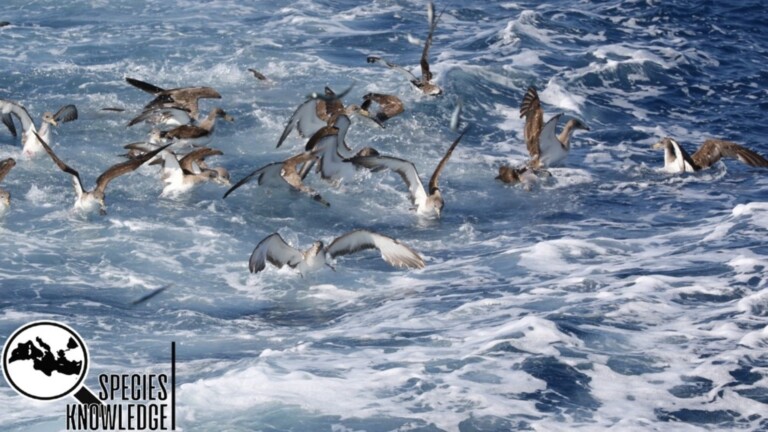
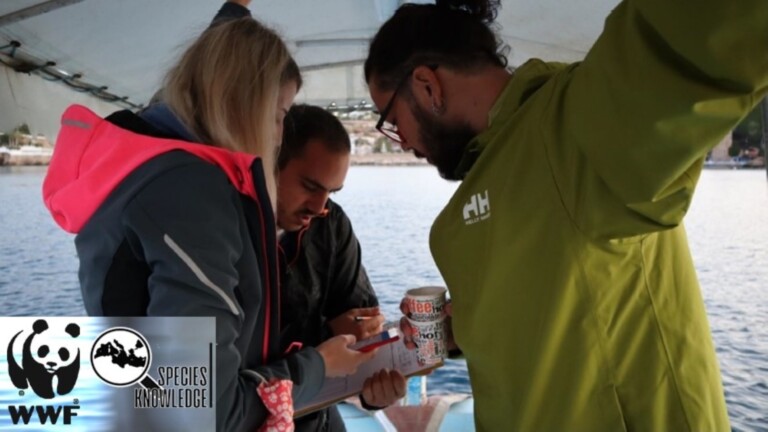
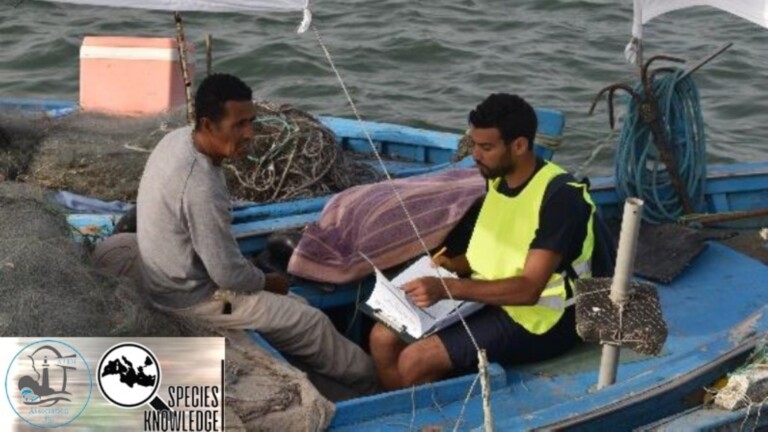
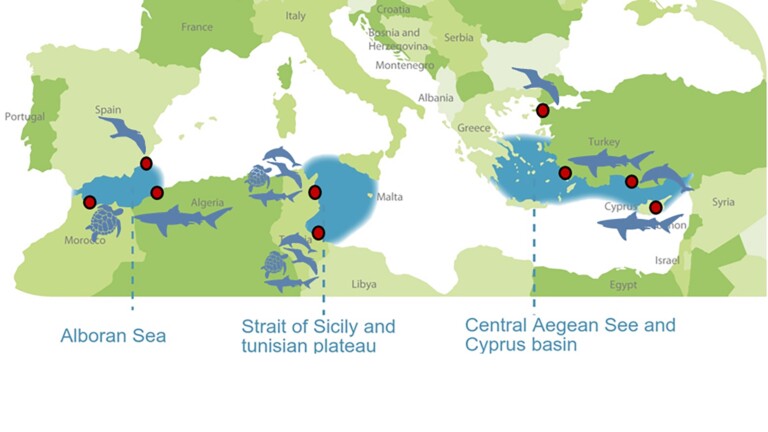
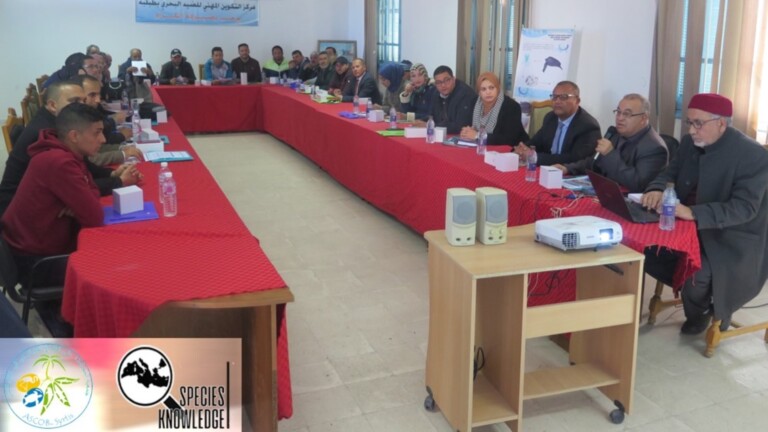
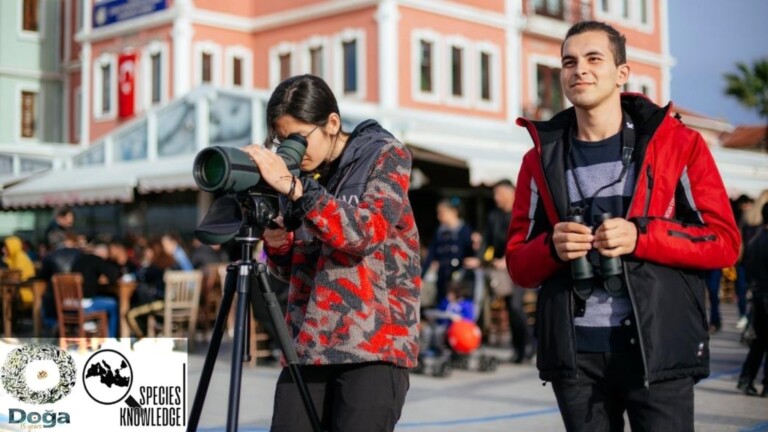
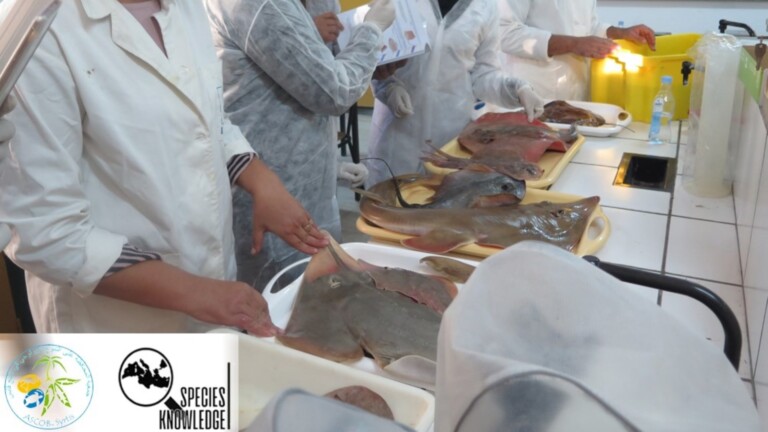
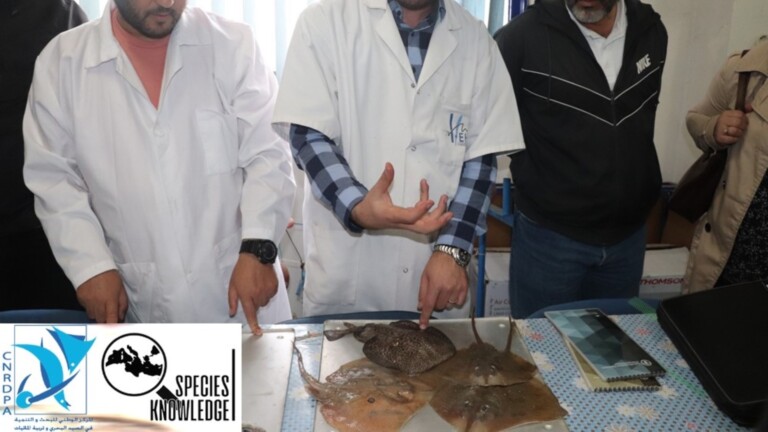

Partners





The impact of fisheries on non-target, highly mobile species, including sea turtles, marine mammals, elasmobranchs, and seabirds are known to include both trophic/ecosystem impacts and direct interactions (mortality, disturbance, and human conflicts). In order to tackle and understand the bycatch issue (the incidental capture of non-target/non-commercial species), it is imperative that information is gathered on the fisheries operating within the Mediterranean, and that the movements and hotspot areas of these vulnerable species are identified and known, and to linkup and overly these two layers of information to understand the whole picture. It is for these reasons that the project was born.
Budget (total) : 697,000€
